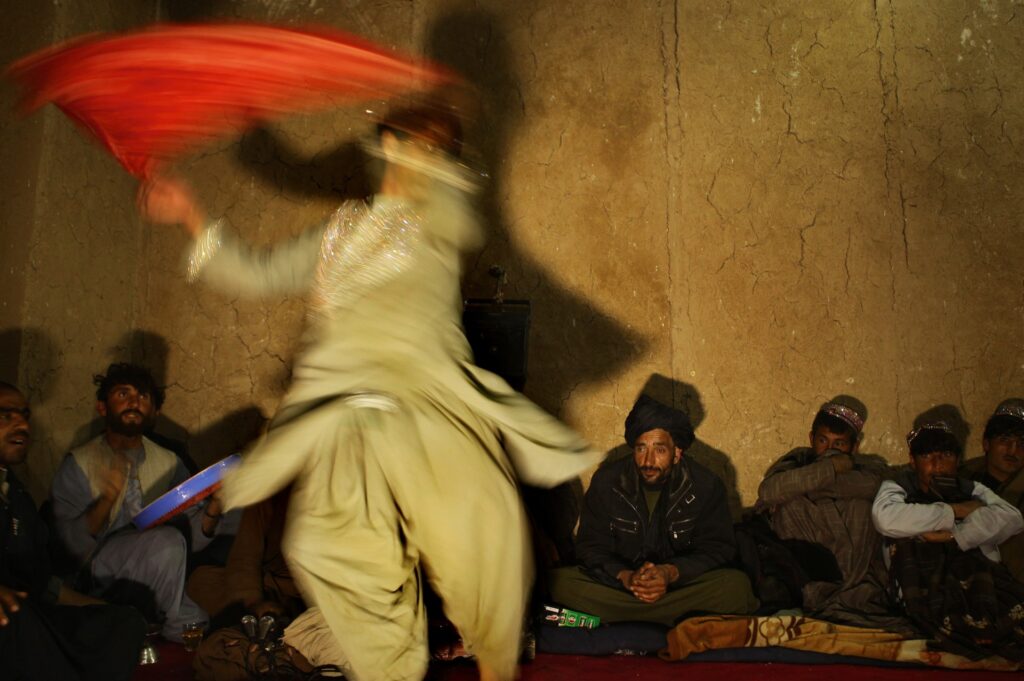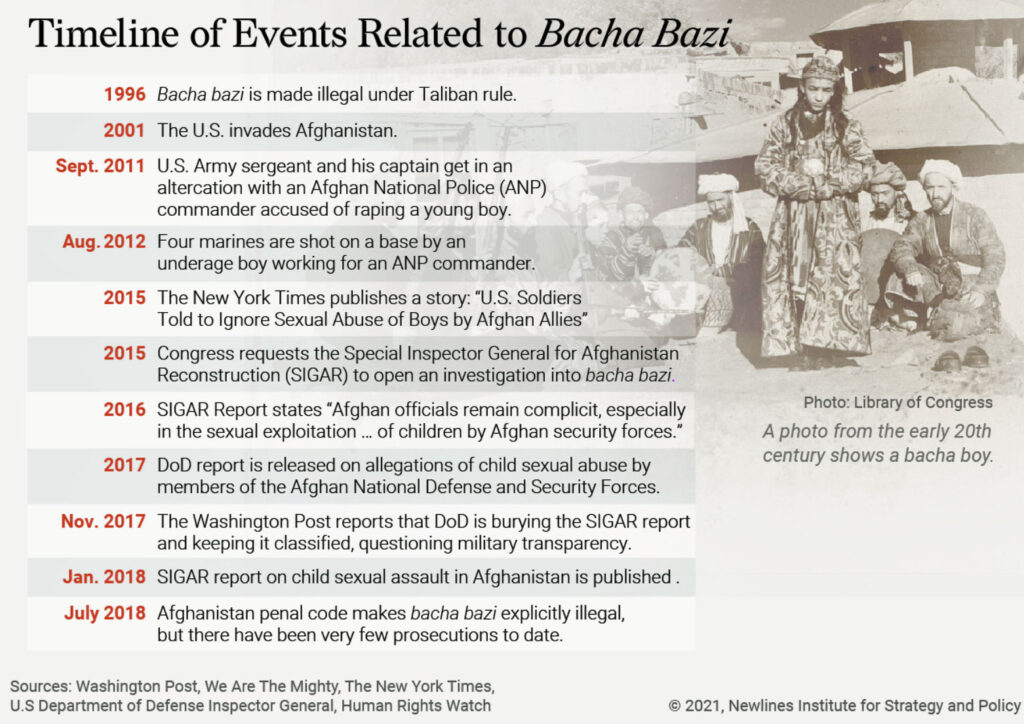Sex trafficking of boys contributed to Taliban victory in Afghanistan
Maurice Tomlinson of Jamaica and Canada has been involved in…
Afghanistan’s cultural and religious restrictions on women and girls created a social vacuum that was filled by Bacha Bazi or “boy play” — young male entertainers who often ended up being raped. The Taliban strongly opposed Bacha Bazi, but prominent American-backed Afghan leaders practiced it and American forces largely ignored the problem. As a result, the Taliban won support from families of the young victims and other opponents of sexual abuse.

The analysis below is largely based on the article “What About the Boys: A Gendered Analysis of the U.S. Withdrawal and Bacha Bazi in Afghanistan” by Emily Prey and Kinsey Spears.
Because Afghan women were largely seen as child-bearers and homemakers, they were banned from activities, including entertainment and sex work. In those places, prepubescent boys were bought, stolen, or otherwise trafficked by wealthy men to serve as Bacha Bazi in harems.
The youngsters were dressed in traditionally female attire and taught to perform sensuous songs and dances for male-only social events. These occasions would often end with the boys being raped by their captor or his friends. The rapists did not identify as gay because they penetrated boys who were seen as pseudo-women.
When the boys grew beards, they were “released” from the harems. Many powerful Afghan men supported Bacha Bazi and they held the view that “women are for children, boys are for pleasure” .

However, poor Afghans whose sons were often the victims of Bacha Bazi hated the practice. A New York Times investigation in 2015 revealed that some prominent American-backed Afghan leaders were notorious Bacha Bazi sex traffickers and they even raped boys on US bases. However, the Americans largely turned a blind eye to this sexual abuse.
The Taliban vowed to ban Bacha Bazi and this resonated with many poor Afghans. So, when the Americans withdrew, the Taliban swept across the country as local support for the government that tolerated Bacha Bazi faded away.
Bacha Bazi highlights the perversions that a repressed approach to sexuality can spawn. Afghanistan’s violation of women’s rights to bodily autonomy and liberty helped create a vortex of abuse for many Afghan boys. By ignoring this abuse, the US — which claimed to be in the country to preserve the rights of women and girls — instead left a more desperate situation: the Taliban has already begun to undermine the rights that Afghan women had recently begun to achieve, and this will continue to sustain Bacha Bazi as men seek out feminine entertainment. However, now instead of releasing the boys at puberty, the Bacha Bazi lords will possibly exterminate their harems to prevent any violent sanction from the Taliban.
The moral of this tragic story is that human desire for sexual pleasure cannot be suppressed indefinitely and without healthy outlets (mostly), men often resort to disastrous efforts to satisfy their urges. These can have deadly consequences for entire societies, including the overthrow of governments.

Related article:
- Afghanistan: Men have sex with boys, deny it’s pedophilia (July 2017, 76crimes.com)




